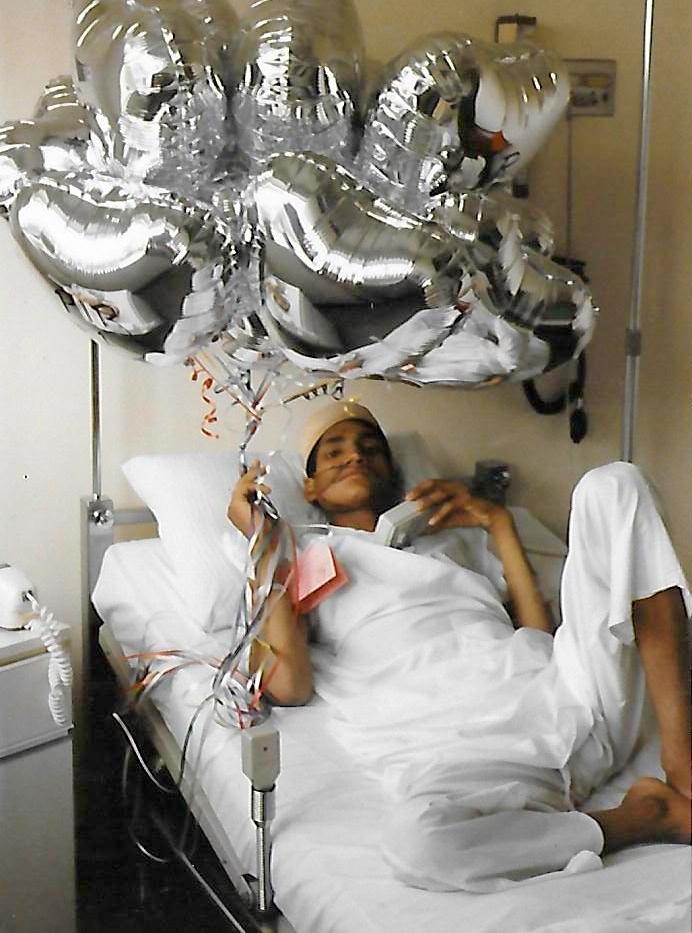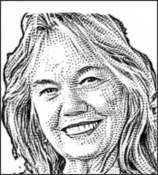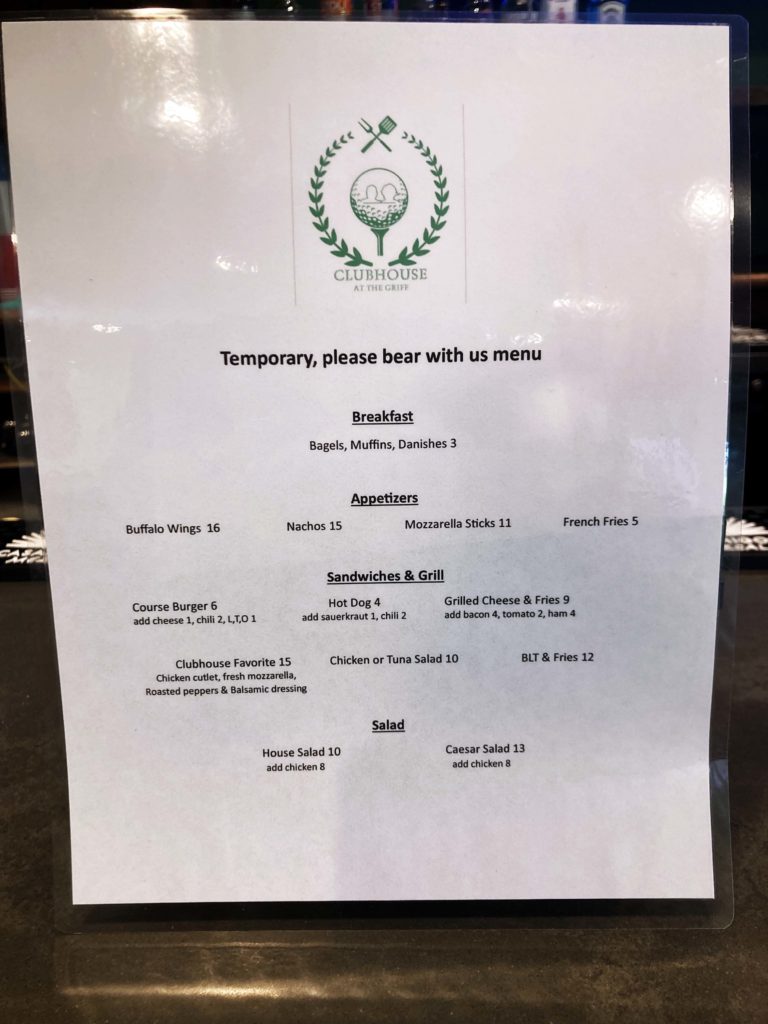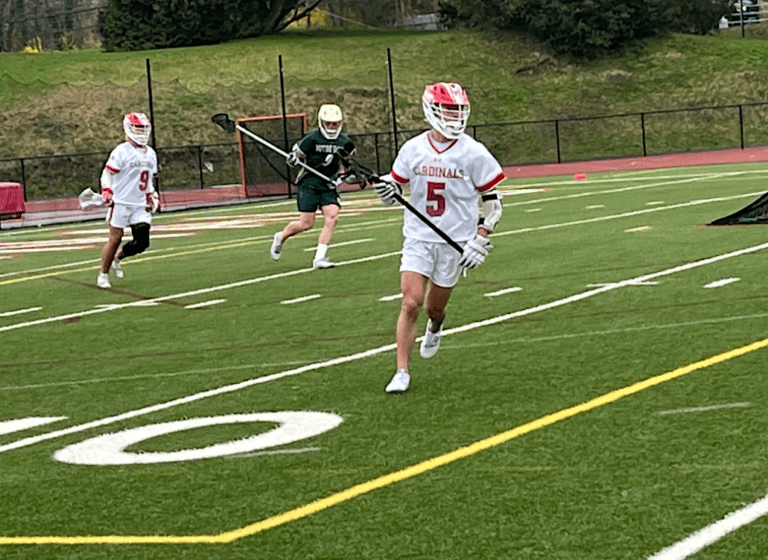
 By Anne W. Semmes
By Anne W. Semmes
The horrific killing of U.S troops and Afghan citizens at the Kabul airport was heart breaking. But the tragic death of that 17-year-old Afghan soccer player Zaki Anwari also touches me deeply. It was his fear of facing the end of playing soccer under the Taliban rule that had him holding on for dear life to that U.S. Military C-17 aircraft as it took off from the Kabul airport. Wasn’t he a proud member of Afghanistan’s national youth soccer team? He wanted that better soccer future in America. Hadn’t he written, “You’re the painter of your live(sic). Don’t give the paintbrush to anyone else.”
I have a granddaughter, age 12, whose love of and ability in soccer relocated her family to Colorado when her California team shut down during Covid and wildfires. Surely, she would be moved by Zaki Anwari’s sad story. How I wish that boy had been rescued and put onto the path of his dreams. I once had
an Afghan boy of 16 under my roof who was rescued during the Soviet invasion of Afghanistan. He’d suffered shrapnel disfiguring his face from a Soviet grenade. He was one of 16 wounded children brought over by the State Department and an NGO, Heal the Children, with AmeriCares of Stamford helping to place the children both in hospitals and in foster homes during their treatment.
His name was Pir Mohammad, and he was with me and my 15-year old son in the summer of 1986. He received extraordinary care at Greenwich Hospital. Thanks to the kindness of plastic surgeon Dr. Joel Rein, he received a new face, and thanks to Dr. Stephen Brody and Dr. Kenneth Temple, he received five new teeth. What an impact Pir made on me, my son, and those who treated him. As one of his attending doctors told me, “This has been a wonderful experience for me, as I am just a small town doctor, and this has put me in touch with what is going on in a part of the world I knew nothing about.”
And now, this country is again receiving Afghan refugees, desperate to flee their country with the Taliban takeover. And where I wonder is Pir Mohammad today, age 51, in Afghanistan? Might there be an answer from then Riverside resident, Zaid Siddig, who served as translator for Pir’s Pashto language.
First, an introduction to this special man, Zaid, retired and moved to Bethel, CT with his family. Over the years I’ve heard of his frequent long stays in Kabul, with his ongoing efforts to secure his ancestral land tracing back hundreds of years. Zaid came to the U.S. in 1980, after the Soviets invaded the country in 1978. Though born and raised in Berlin, Germany with his father serving as Afghan ambassador, Zaid came home, and with a masters in Geology got to know his country, working with the Geological Survey of Afghanistan. Traveling on foot, horseback, and jeep, he fell in love with the spectacular beauty of the mountains and valleys of his native country.
Knowing that lay of the land came in handy when Zaid chose to take on dangerous missions to deliver food and supplies via donkeys to Afghanis during those Soviet war days in the 1980’s. So, it’s no wonder that years after the U.S. got involved in Afghanistan post 9/11, I would seek out Zaid for an interview as I did in 2012 for a local paper. What is astonishing is to see how similar things looked then to now.
In 2012, Zaid was spending the majority of his time in Kabul, a city he described as a booming metropolis of 5 million, “a consumer’s paradise with all the latest in electronics and automobiles.” But “suicide attacks and roadside bombs” being a part of daily life across Afghanistan. He was also watching the U.S. “move toward pulling its troops out after 11 years of fighting.” [Sound familiar?]
The U.S. entry he told had “enabled the country to embark on a road to install democratic institutions, like an elected parliament, a supreme court, an elected presidency and most importantly the re-opening of boys’ and girls’ schools. Improvement in the health care system must also be mentioned. Finally, women, denied the right to work outside their homes under the Taliban, were re-integrated into a free society…Afghanistan continues, to date, to have one of the freest presses in the region. The economy improved despite continued massive poverty and high unemployment.”
But he observed: “Massive corruption and incompetency within the judiciary and government branches, reaching high up has angered and frustrated the average Afghan to the extent that they lost all confidence in their government.”
What did he see happening after the withdrawal of foreign forces? He noted, “Afghans in general through history do not welcome extended stays of foreign forces in their country. One question so far remains unclear of what number of U.S. troops will remain after that date. It depends on a successful conclusion of a strategic treaty between the U.S. and Afghanistan…Everybody realizes though that in case NATO and most importantly U.S. forces would leave before we have a capable, well equipped and trained Afghan military and police force at hand with a competent government to lead them, Afghanistan would not be able to defend itself against the Taliban and civil war could not be ruled out.”
Zaid traces the hospitality of Afghans back a thousand years. He recalls in those years serving as senior geologist from 1967 to 1980, “Security was never an issue. People then were more polite, dependable, and honorable. Kabul’s population consisted mostly of families which went back generations in this city. I think I arrived in Afghanistan at its best time. People had hope, we had peace and the economy was improving. Everything ended with the Communist coup d’état in 1978 and the subsequent Soviet invasion on December 27, 1979.”
My last question to Zaid in 2012 was, “Do you feel safe or fear for your safety when you are there?” He answered, “It is well known where my home is as it is with most other Afghans having returned from abroad. You do take precautions when you are out and about, but fear is not what I feel.”
Fast forward to today. An email to him asking that same question has this reply, this week. “I’m standing my ground for now trying to finish what I started some time ago. No more trying to solve the problems of this country but solve the family land issues. It took much too long because of the terrible corruption and incompetence of the authorities. Stay well and away from Covid 19 Delta. I’m safe here and not planning to leave any time soon.”
Postscript: For anyone interested in hosting Afghan refugees Airbnb is stepping up. For information visit https://news.airbnb.com/how-to-support-afghan-refugees/




